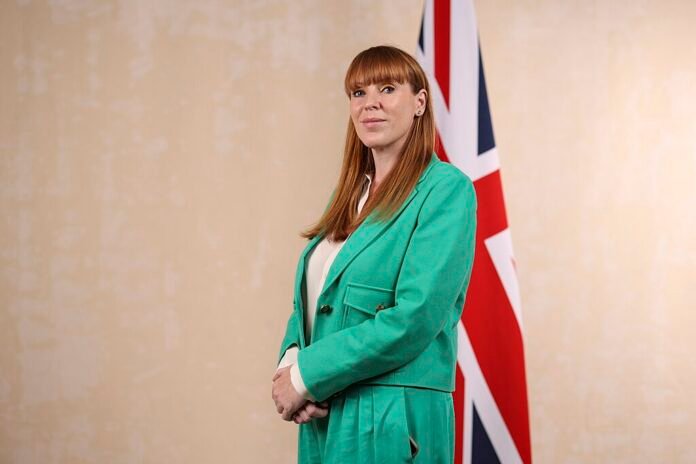Angela Rayner gives Beijing two weeks to explain secretive plans for a vast new embassy near the city
Deputy Prime Minister Angela Rayner has demanded that China explain why key details of its plans for a massive new embassy in London have been blacked out—amid growing fears of espionage, surveillance, and political intimidation.
The Ministry of Housing, Communities and Local Government, which Rayner oversees, has written formally to planning consultants acting for the Chinese government, requesting clarity on redacted sections of architectural drawings. The BBC understands Beijing has been given until 20 August to respond.
The development, which would see China’s diplomatic presence relocated to the historic Royal Mint Court, is set to become the largest embassy in Europe—spanning 20,000 square metres. However, growing national security concerns have overshadowed the proposal.
A final decision is expected by 9 September.
In a letter seen by the press, Rayner questions why large portions of the submission are censored and highlights new requests from the Home Office, including the construction of a “hard perimeter” to prevent public access. This change may require an entirely new planning application.
Embed from Getty ImagesThe proposed site’s proximity to London’s financial district has triggered alarm among intelligence figures and local residents. Critics warn that the embassy could give Chinese authorities dangerous access to sensitive data travelling via underground fibre optic cables. Some believe the embassy’s location is ideal for digital surveillance of British financial infrastructure.
Activists from Hong Kong, Tibet, and the Uighur community have also condemned the move. They fear the site could be used to track, intimidate, and potentially detain political dissidents living in Britain. Protests have already taken place outside Royal Mint Court, with demonstrators waving placards and banners calling for the plan to be scrapped.
The controversy deepened last month when Hong Kong authorities issued cash rewards for information leading to the arrest of pro-democracy campaigners living in the UK. The British government condemned the bounties in strong terms.
Opposition figures have now turned their fire on Labour’s handling of the issue. Alicia Kearns, shadow national security minister, slammed the government’s approach, claiming it was too eager to please Beijing. “Labour’s rush to appease Xi Jinping’s demands for a new embassy demonstrated a complacency when it came to keeping our people safe,” she said.
Despite the backlash, senior government figures are reportedly open to approving the embassy—if certain “minor adjustments” are made.
Beijing previously had its application rejected by Tower Hamlets Council in 2022, citing serious safety and security risks. However, a resubmission was filed in August 2024, just weeks after Labour came to power.
The Prime Minister, Sir Keir Starmer, spoke directly to President Xi Jinping on 23 August during their first official phone call. Xi reportedly raised the embassy as a point of concern. Days later, Rayner exercised her powers to take over the decision from the local council, effectively centralising control of the outcome.
China purchased the Royal Mint Court site for £255 million in 2018. The embassy’s blueprints include a cultural centre and housing for around 200 staff. But what lies beneath has raised eyebrows: sealed basement rooms with no stated function, hidden behind security doors.
The Chinese embassy has publicly responded to the controversy, stating that the building would help foster “mutual understanding” and “friendship” between the Chinese and British people. However, critics remain unconvinced, calling the design secretive and potentially dangerous.
As the deadline for answers approaches, the government faces growing pressure to prioritise national security over diplomatic smoothing. What lies behind the blacked-out plans may determine the future of UK-China relations.
